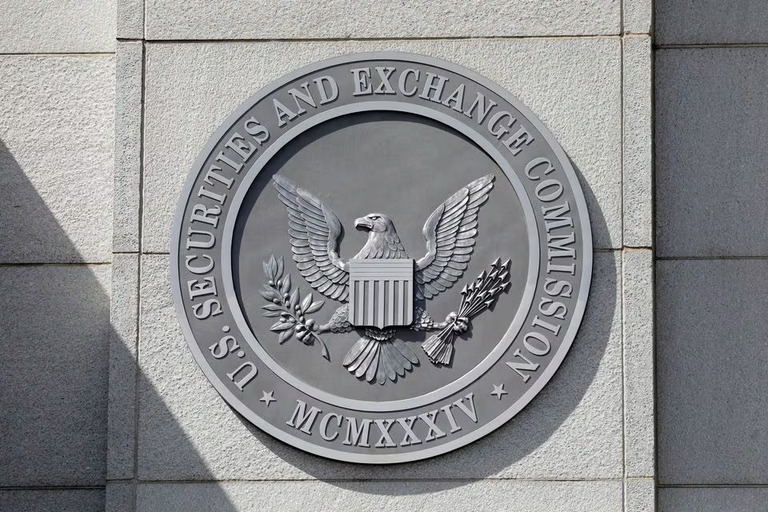Understanding the Fragility of Our Financial System

In an era where the global economy appears more interconnected and robust than ever, underlying currents of volatility and uncertainty suggest we might be on the brink of a financial paradigm shift. The stability of our monetary system, once taken for granted, now faces scrutiny under the lens of historical decisions, economic policies, and the relentless march of technological progress.
The Illusion of Stability
The financial turmoil of recent history, punctuated by the 2008 crisis, peeled back the layers of perceived economic stability, revealing a system fraught with vulnerabilities. Despite the swift recovery heralded by policymakers, a lingering sense of unease pervades, suggesting that the remedies applied—massive bailouts and stimulus packages—may have been but a temporary salve for deeper, systemic issues.
The Turning Point of 1971
A pivotal moment in economic history, often overlooked in mainstream discourse, is the decision made on August 15, 1971, to suspend the dollar's convertibility into gold. This marked a departure from a tangible value anchor to a fiat currency system, fundamentally altering the global monetary landscape. The repercussions of this shift continue to reverberate, challenging the very foundation of our financial system's stability.
The Modern Monetary Dilemma
As we navigate through the digital age, the traditional frameworks governing our economic systems seem increasingly misaligned with the rapid pace of technological innovation and the evolving global market dynamics. The reliance on fiat currencies, backed not by physical assets but by governmental decree, invites a reevaluation of what constitutes 'value' in a modern economy.
The Creeping Sense of Discontent
Amidst record-breaking market highs and technological advancements promising unprecedented productivity gains, a creeping sense of discontent remains pervasive among the populace. Questions arise regarding the sustainability of governmental fiscal policies, the real impact of monetary interventions, and the elusive nature of economic recovery that leaves many behind.
Towards a Financial Reckoning?
The growing angst and uncertainty signal a potential inflection point—a reckoning that calls into question the very paradigms we've built our financial systems upon. Are we witnessing the early tremors of a more significant economic shift, one that will challenge our conventional wisdom and force a reimagining of monetary policies and practices?
The Role of Community in Economic Discourse
In this critical juncture, the importance of community-driven discourse cannot be overstated. Platforms like Hive offer a unique space for open dialogue, knowledge exchange, and collective analysis. By leveraging the diverse perspectives within our community, we can foster a deeper understanding of the complexities at play and explore innovative solutions to the economic challenges we face.
As we stand at the crossroads of potential economic transformation, it is imperative that we engage in thoughtful reflection and dialogue about the future of our financial systems. The journey ahead may be fraught with challenges, but it also holds the promise of redefining the foundations of economic stability and prosperity.
Your insights, experiences, and visions are crucial as we navigate this uncertain terrain together. Join the conversation and share your thoughts on the future of our financial system and the path towards a more resilient and equitable economic landscape.
Join on InLeo Discord Channel here

Posted Using InLeo Alpha
This one too, I love this. A sample of one stanza I shared on Facebook:
I like it
I love poetry. It expresses meaning beyond prose.
The stability issue is getting rampad daily as it proceeds